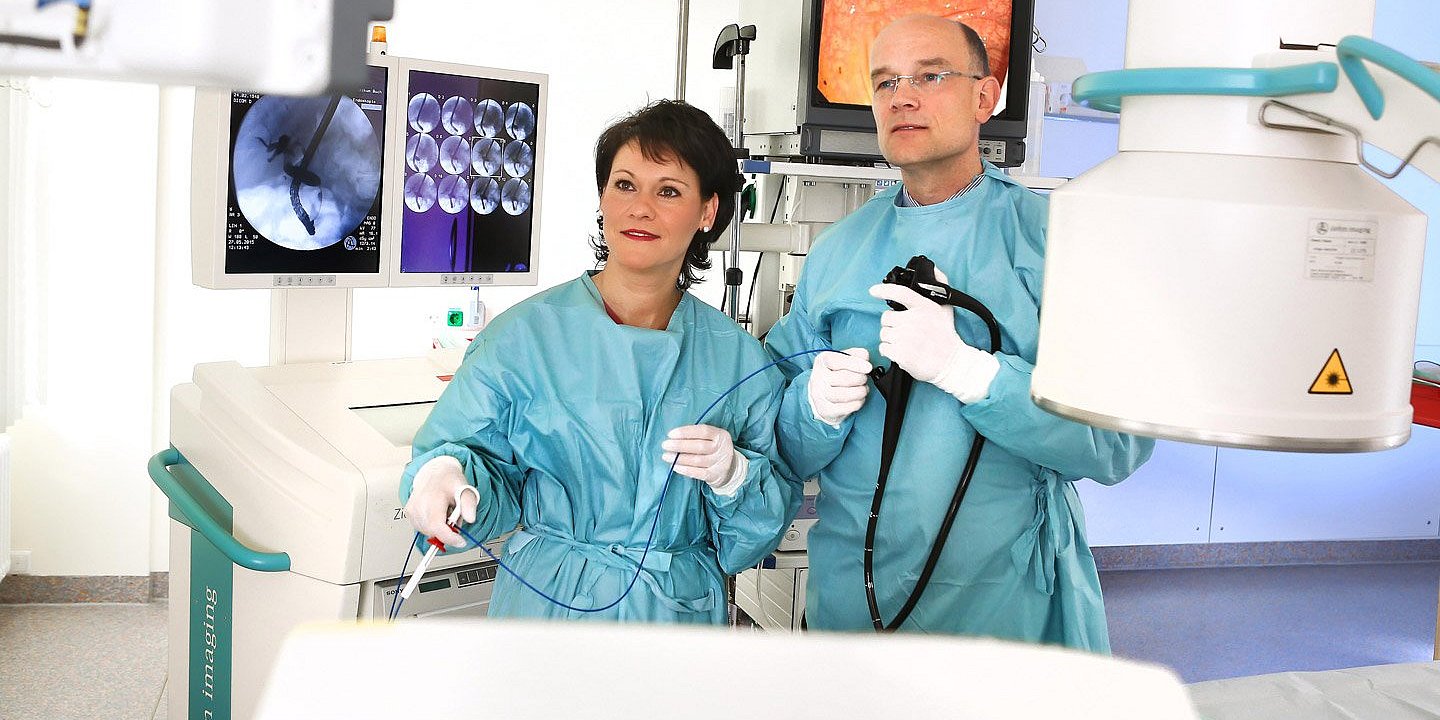
Q fever, echinococcosis and co. - zoonoses often leave doctors in the dark
Aching limbs, chills, fever - what initially sounds like the common flu sometimes presents doctors with a medical puzzle. This is because many illnesses, even rarer ones, begin in this way and usually result in late diagnoses for those affected. This includes some pathogens that can spread from animals to humans, known as zoonoses.
The first signs appear after he returns from his vacation in Greece: Thomas Herrschen* feels tired and listless. A cold, he thinks. But his initial weakness worsened and he began to have difficulty breathing. Finally, he feels so bad that he calls the emergency services. In the emergency room of the Helios St. Anna Clinic, the doctors quickly discover that the 58-year-old is not only retaining water in his lungs and legs, but that the soft tissues of his abdominal wall are also inflamed. The result: life-threatening sepsis. The team starts treatment, but the diagnosis remains a mystery? Where are the symptoms coming from? Despite repeated samples and antibiotic therapy, they are unable to find the causative pathogen. Thomas Herrschen's organs are slowly failing, especially his liver and kidneys. To increase his chances of survival, the doctors put him into an induced coma.
This case also brings back memories for Dr. Benjamin Berlemann, Head of the Children's Clinic at the Helios St. Johannes Clinic. One in particular sticks in his mind: A three-year-old boy was admitted to the pediatric emergency department at the Helios St. Johannes Clinic. He was suffering from severe abdominal pain with a high temperature. Eventually, his eyes turned bright yellow and his urine dark brown. But the team couldn't find anything at first: "We did all kinds of tests, but they were inconclusive. The blood count also showed no conspicuous changes. But the boy was getting worse by the hour," recalls the pediatrician. He finally remembered a specialist article he had recently read and on the basis of this he finally asked the right questions. The family had recently been to a petting zoo, including a long visit to the goat enclosure. The team quickly ordered the relevant laboratory tests and were right: the three-year-old had contracted Q(uery) fever. Its pathogen - the bacterium Coxiella burnetii - can spread to humans via the respiratory tract from the remains of afterbirths or droppings of goats or sheep that have decomposed into dust and can develop undetected into severe chronic fatigue or even inflammation of the inner lining of the heart (endocarditis). Ticks or undercooked meat can also be the cause; in Germany, the number of people affected varies between 50 and 400 per year (in 2023, for example, there were around 70 reported cases according to the RKI). This is harmless for the animals themselves, but in the worst case, children or immunocompromised people may be at risk of death. And sometimes even in healthy people. Like Thomas Herrschen. After all, the doctors at St. Anna also discovered that he had apparently contracted Q fever in Greece. They immediately adjusted his medication and saved his life. Dr. Berlemann's little patient also made it back then.
These so-called zoonoses - i.e. diseases that are transmitted from animals to humans - are fortunately very rare, but often make things particularly difficult for doctors. Many announce themselves with unspecific symptoms and show hardly any traces in the usual examinations, such as blood tests. In order to uncover the bacteria or viruses that cause them, doctors have to embark on a tricky search for clues in the patient's environment. Are there any pets? Stays abroad? The list of possible diseases is long - there are around 200 described in total - and sometimes it takes years before they are discovered. Bovine malaria, for example, is transmitted by ticks and causes long-lasting symptoms similar to those experienced during the menopause. With luck, the diseases - once discovered - can also be treated well, such as Q fever. But with others, those affected sometimes suffer from the after-effects for the rest of their lives. This is the case with alveolar echinococcosis, a rare but serious parasitic disease caused by the fox tapeworm Echinococcus multilocularis (there are only around 20 to 30 cases of this disease in Germany each year). People can become infected through contact with contaminated soil, water or food. The larvae of the parasite cause long-term damage to the liver - where they form encapsulated cysts - but can also spread to other organs such as the lungs or brain. Treatment is often extensive, with parts of the liver having to be removed and medication administered. Some of those affected still suffer from long-term dysfunction of the organ or recurrences.
It is not clear whether zoonoses are on the rise in general, but certain developments such as climate change, globalized travel or increasing urbanization in certain regions are favoring human contact with certain pathogens. This is reason enough for doctors in this country to always include these diseases in the tricky search for the right diagnosis.

